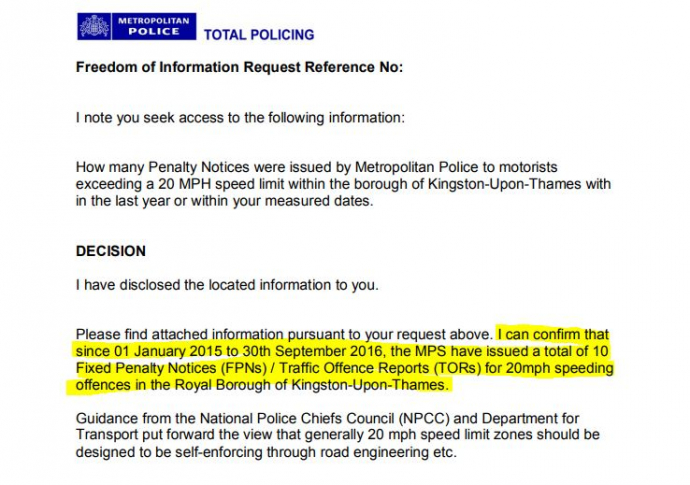
Road safety experts and ministers from 130 countries have resolved to tackle road danger, air pollution and the climate emergency by adopting 20mph limits wherever vulnerable road users and vehicles mix.
Last week’s global road safety conference resulted in the adoption of a ‘Stockholm Declaration’ – a list of 18 resolutions linking road safety to sustainable development. Resolution 11 specifically mandates universal use of 30km/h or 20mph limits:
Focus on speed management, including the strengthening of law enforcement to prevent speeding and mandate a maximum road travel speed of 30 km/h in areas where vulnerable road users and vehicles mix in a frequent and planned manner, except where strong evidence exists that higher speeds are safe, noting that efforts to reduce speed in general will have a beneficial impact on air quality and climate change as well as being vital to reduce road traffic deaths and injuries.
Rod King MBE, Founder and Director of 20’s Plenty for Us who was in Stockholm speaking at a WHO event said:
“This really gives the lie to the idea that the UK’s 30mph default speed limit in towns or villages is either safe or sustainable. Our current 30mph limits are killing and maiming people and fail to meet our 21st century mobility needs. The declaration sets a clear and unambiguous message that adoption of 20mph or 30km/h limits as a default is necessary on urban and village streets where people live, work, play and shop. Local and national governments must now expedite the setting of urban and village speed limits to 20mph or 30km/h wherever motorised vehicles mix with cyclists and pedestrians with exceptions only where it can be proven that higher speeds are safe. Wales is already doing this. We expect Under-Secretary of State for Transport Baroness Vere of Norbiton who represented the UK, to quickly adopt this recommendation so that the UK is in the forefront of such proven global best practice.”
How to enforce 20mph limits
Figures released by TfL revealed that 87% of divers flout 20mph limits when they have an opportunity to do so. Unfortunately such opportunities are common; it’s unusual for roads to be engineered to prevent speeding and at the same time police are advised to not enforce 20mph limits. As a result, enforcement is so low as to to be statistically insignificant. In one London borough, the Met issues one penalty notice every two months.

A lackadaisical approach to 20mph limits extends beyond the police. The AA appears to overlook the safety benefits of lower limits and 20mph limits as little more than a means of keeping drivers below 30mph…

Meanwhile, the Dutch long ago learned that speed limits alone do not solve the problem of road danger – roads need to be engineered to prevent inappropriate speed. Maartje van Putten was the first president elect of the Stop de Kindermoord protest movement and a former MEP.
Ethical cycle insurance
On the face of it, one cycle insurance policy is much like another, but the devil is the detail. Check your small print for so-called ‘new-for-old’ replacement – many insurers use the term, but if your bicycle is more than a few years old, devalue it severely. This means you are left out of pocket when you come to replace it.
With ETA cycle insurance, however old the bike, if it’s stolen you get enough to buy a new model. Furthermore, every cycle insurance policy you buy from us helps support the work of the ETA Trust, our charity campaigning for a cleaner, safer transport future. Little wonder The Good Shopping Guide has voted us Britain’s most ethical insurance company.

John Holiday
Is it too much to hope that our politicians will take this on board, & stop bowing continuously to the motoring lobby?
Tim Earl
” … police are advised to not enforce 20mph limits”
By whom? Is this legal?
Edmund White
Just to correct the view of the AA, it would seem they think a 20mph limit is to get people to drive under 30mph, it’s NOTit’s to get them to drive at 20mph or less, that is why it’s calld a limit. Apart from that I think it’s a long over due move, well done